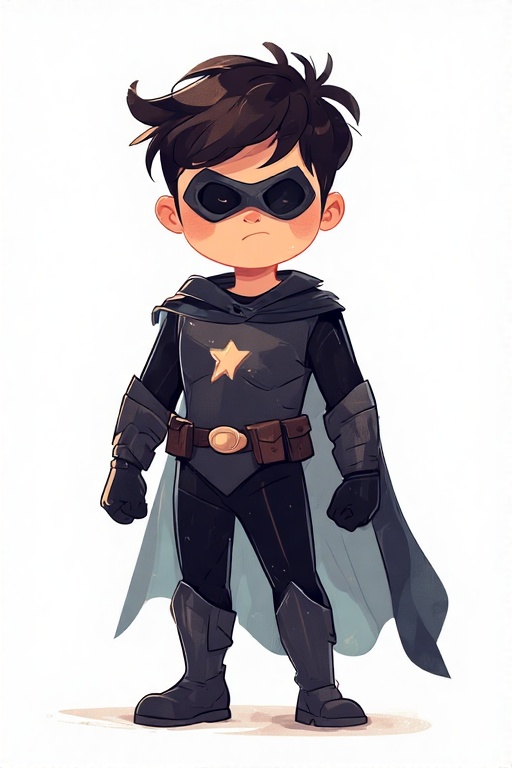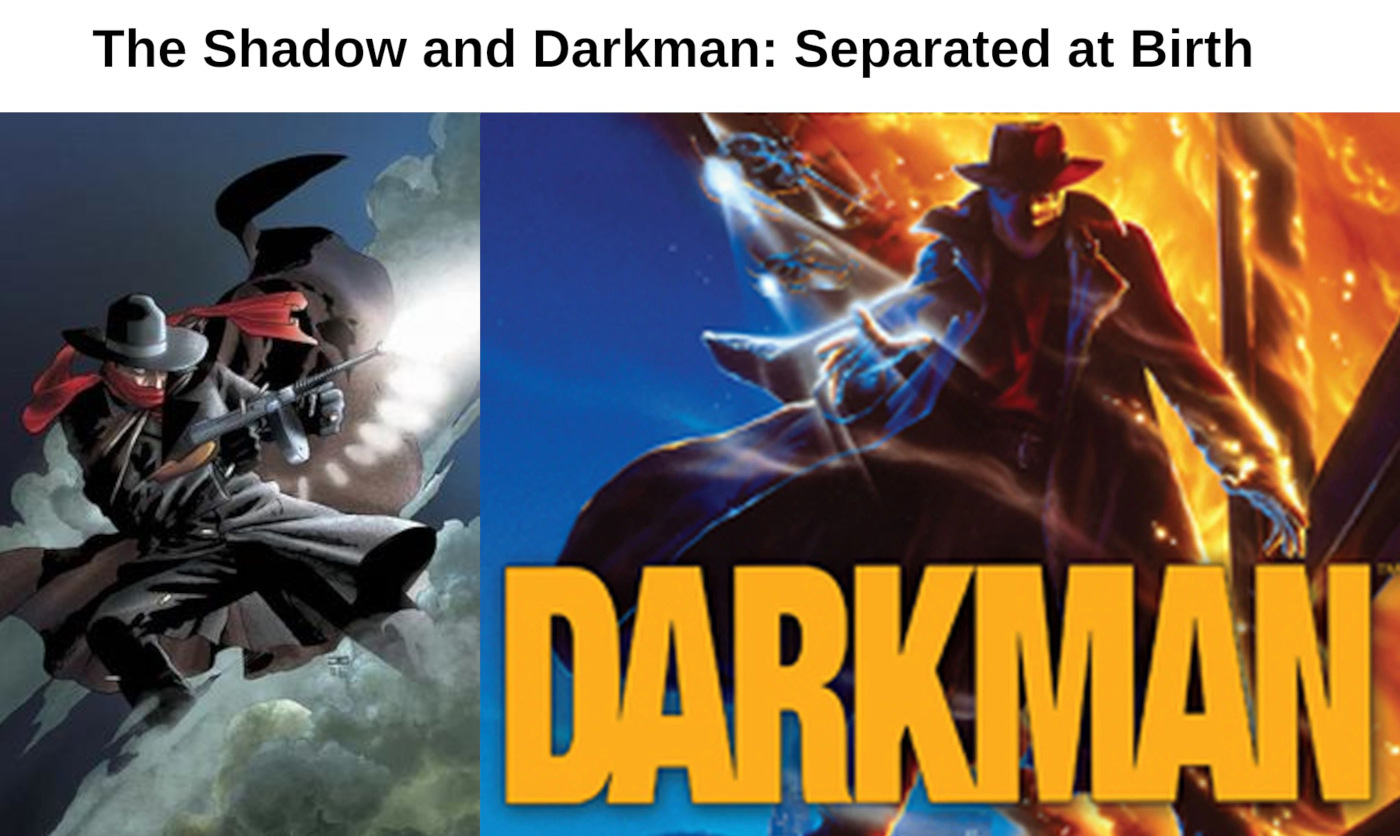Neurodiverse Isn't Worse
For the next page, Unsorted, click here. For the previous page, Dennis Dembrosky Case, click here. To jump to the start and the index, click here.
Neurodiverse Isn't Worse:
Some say that being “on the spectrum”, i.e., autistic, can cause “emotional illiteracy” or lack of a natural ability to grow in that area (though strides in learning are possible after long perseverance and active learning).
I tried to learn how things worked pretty much the whole time that I was growing up. I made some progress at age 19 after a female associate at Cairn University said that I needed to work at not giving off a “stalker” vibe. I valued her input because she was matter-of-fact and forgiving regardless of her perceptions.
I feel that I relate to the “old” cognitive model where high gain is autism and low gain is ADD and average people are in the middle.
The reason is that my apparent “high cognitive gain” made every social situation overwhelming so I didn't notice much of a gradation of emotions in people around me. I couldn't tell when things were going well or not.
I improved further, in actual people skills, circa 2012 while I was teaching. I watched two TV shows, “Lie to Me” and “The Mentalist” intently and improved as a result. I could see what I was missing and I was able to assess the skills that needed to be added.
“Lie to Me” was a show about a law enforcement consultant who was a specialist in body language, especially micro-expressions.
“The Mentalist” was about a law enforcement consultant who was a former “fake psychic” experienced in cold reading, the art of reading people to figure out what is happening or what has happened in the past.
“Cold reading” is making rapid small guesses that lead to a significant conclusions based on watching somebody's reaction to individually minor questions. If you're able to do this, you can appear to read minds.
The two women with whom I've had long-term relationships, Chameleon and my wife, have noticed my ability to “read minds” to some degree, something that I could do somewhat even before watching the TV shows in question.
Before I watched those two shows, I wasn't skilled at picking up information from non-verbal behavior or brief interactions, though I found that I could do so if I interacted with people over the long run.
The main thing that was missing was simply talking to people and learning to observe the nonverbal responses to verbal discussions. This is an issue for many autistics and other neurodiverse people.
In short, I missed the significance of nonverbal behavior entirely before circa 2012, though I sometimes got things right by chance.
In 1987, in Kindergarten at FCA, I had a classmate named Michael Fehr. I wanted to be Michael's friend because I thought he was confident and good looking. I'd get him to look at me and nod to him. I thought that this was communicating positive interest and building an association.
My reasoning was based on a false reading of a scene in the TV show “Knight Rider”. Yes, children as young as 5 or 6, not just the neurodiverse, pick up things like this from TV shows. In the U.S., TV shows were the incubators for 2 generations.
Michael Knight and his evil twin exchanged meaningful looks before some type of race. It was clearly important to communicate in this manner. However, I was too young to understand that it was a high-context moment and that it meant something specific in that episode of the TV show.
I didn't know how to communicate with other people and to provide context. I didn't even understand the emotional context of my environment as it stood. When I'd stare and nod at Michael, I thought I was communicating “we understand each other though we are different”. Of course, that isn't how it was perceived.
I think someone asked me who my best friend was and I said it was Michael. As things turned out, I don't think that I ever even talked to Michael.
He got mad once, very mad and upset, and told a teacher that I was staring at him. I didn't understand the situation at all. A teacher told me not to stare. I argued and I didn't understand the issue but I stopped. Michael didn't return to our school the next year and that was good-bye to the best friend that I never had.
I talked more after that, but I continued to observe other people more than I talked to them.
Later, from 3rd grade all the way up to 11th grade, I stared especially at whatever girl I liked at the time. I thought it was a secret, but I wasn't very good at secrets. I didn't learn this until circa 10th Grade.
I got a hint of how others perceived me circa age 9 and 4th Grade. I didn't learn much from it. I made a superhero costume and became a persona I called Shadowman once or twice. I wore all black with a Zorro mask.
The Shadowman persona was based on “Darkman” since I related to the main character in that movie more than any other fictional character that had preceded him.
Editor's note: “Darkman” is a top-tier 1990 thriller about a man who loses his physical identity. He can create new identities but only for 90 minutes at a time. At the end, the woman that he might have loved is left just with the man's invented face dissolving, I think, on the ground.
In an interesting and odd note, “Darkman” was based on “The Shadow”, a similarly eerie character that went back to pulp novels and radio serials of 80 to 90 years ago.
Not formally, because the director, Sam Raimi, was unable to secure the rights to “The Shadow”, but Peyton Westlake and “Darkman” are indisputably takes on Lamont Cranston and “The Shadow”.
Jake was unlikely to have known about “The Shadow” at age 9 and yet he called himself “Shadowman”.
Jake continues:
I even came to recess in the “Shadowman” outfit once. I used it at the Fall Festival, which was then called the Pumpkin Fest, to watch the hayride when a girl I liked was hanging out with our classmate Dan.
The girl's best friend said, “We know it's you, Jake!” I asked her later how she knew. She said, “You can just tell”.
We were in the same class for years but I didn't really understand how people observed and understood me vs. how I observed and understood myself.
I didn't know how to talk to girls or keep up with group conversations, but I would stare anyway and I thought I was building rapport by being near them and having them observe me. The vibe I was giving wasn't what I intended. Like other things in my life or the lives of the neurodiverse in general, it didn't go well.
When I was 13, the psychosis of being abused set in. I'd punch my friends, since hitting was a sign of familiarity in my home.
I punched my elementary best friend who didn't go to our school when he said things that had adult content, even though I said the same kinds of things myself.
I suppose the main factor behind my hypocritical behavior was that the only stable adults in my life were my school teachers, who were pretty much all strict Baptists there at that time. I wanted to please them and I saw they were stable so I assumed they were “doing it right” (following the Bible correctly).
The teachers seemed genuine, but they were rather overboard and some were from Bob Jones University. For those outside the Fundamentalist world, Bob Jones is extreme by some standards.
I taught at the same school later in life, 2010 to 2018. Most of the teachers had either left or had mellowed out when I met them again as co-workers. However, when I was still a student, I didn't have the stability in my life that future coworkers had. As a young teen, there was no way I could actually practice what I'd preached harshly or abusively to my friends and schoolmates.
I stopped hanging out with my elementary best friend because of how I was inaccurately handling my feelings of discomfort with his views and lifestyle and my incorrect views of the Bible.
I wasn't angry when I punched people at school. It was just normal to me. However, not holding back made it come off as not very playful and it often wasn't fun for them. One time after a couple weeks or so of punching my post-elementary best friend Dustin every morning in home room in 6th or 7th grade, he got really mad and I stopped, for the most part.
No Pain No Gain is the Refrain
Around then is when I started trying to enjoy pain. I got hurt a lot, so I decided to compartmentalize it as in martial arts movies that I'd seen.
I didn't manage to shut pain out completely, and in the process of compartmentalizing it, I started to enjoy it up to a point. I'd pinch myself really hard and leave marks or I'd use clothespins on my arms or hands. I would twist skin on the back of my hand until it started to tear a little.
I don't think that it was what's referred to as masochism. I didn't, for example, enjoy being dominated. But the fact that I could experience and manage pain seemed important.
I don't remember, but the scene in Darkman where Darkman casually burns himself to frighten an Asian businessman may have resonated with me.
I did get my friends to inflict some pain on me to show off my tolerance. And I think that I did start to enjoy the endorphin kick. One time I carved the initials of the new girl I liked in 7th grade into the back of my hand using a paper clip. It didn't look very bad or red until a few minutes later. Then I got embarrassed and started making art to cover it using red pen. I had to explain it to a teacher once and I'm not sure they knew what to think.
For the next page, Unsorted, click here. For the previous page, Dennis Dembrosky Case, click here. To jump to the start and the index, click here.



